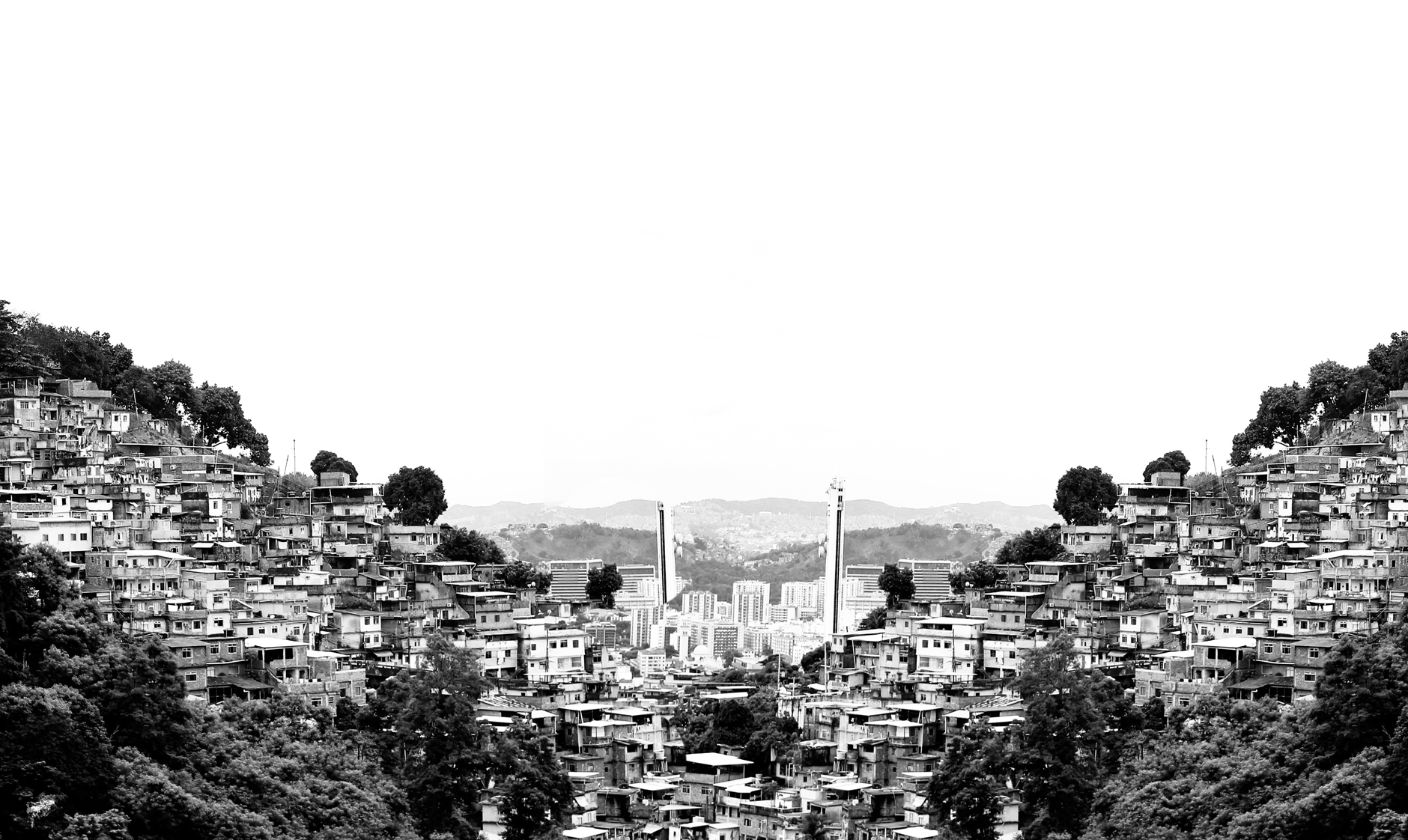
Develop Skill in Non-Profit (NGO) Leadership in Marginalized Communities
Graduate Certificate in Urban Community Development
program overview
This certificate, similar to a Post-Grad Certificate in some countries, focuses on the practice of church-based community development, from aid to community development to community organization to advocacy.

Understand
Develop Christian frameworks for understanding marginalized populations.
Develop
Develop a holistic plan for development, organization, and advocacy among the urban poor with a team-based strategy and theology.
Provide
Provide practical support in developing an educational center or health program or advocacy for housing or other infrastructure services.
Program Features
12 Credits
PROGRAM REQUIREMENTSA total of four courses are required to complete this certificate (see below for more details).
1 Year- 16 Months
LENGTH OF PROGRAMStudents are able to complete the degree in about one academic year by taking one course per term for a total of four courses.
Topics Include
Theology of Community Transformation
Practice of Community Transformation
Solidarity with the Marginalized
Finding Solutions to Systemic Problems
Education in Impoverished Contexts
Community Health
Advocacy for Marginalized Communities
is this program right for you?
Are you an emergent leader within a marginalized community in an American City?
This program is a great fit if you:Have a passion to see cycles of poverty broken.
Desire to see transformation in marginalized communities.
Would like to become a more effective advocate for the community you serve.
Are an emergent leader working in a development agency or a slum church in a global megacity.
Work in Community Health or Urban Education.
Want to get a biblical perspective on community transformation.
Want to understand the theory and practice of structuring an organization.
Course Information
The Graduate Certificate in Urban Community Development is made up of four courses.
Students are required to take TUL535 and three other courses from the following courses:Course Descriptions
TUL 535 Theology & Practice of Community Transformation
Students explore the challenges, models of, and prospects for, transformational change within slum communities while developing a Christian framework for holistic development, organization, and advocacy among the urban poor and gaining facility in community asset mapping.
TUL 550 Solidarity with the Marginalized
This course guides students in understanding the marginalized populations (e.g., street children, substance users, commercial sex workers, the elderly) and in formulating a theology and strategy for team-based responses to free individuals and change structural causes.
TUL 555 Educational Center Development
This course focuses on developing and improving preschool, elementary school, and vocational school education in global slums as integral to the work of urban poor churches. Topics include philosophy of education among the poor, and the course includes a practicum evaluating school effectiveness, models of community-based (slum) schooling, curriculum development, long-term management, and financial viability.
TUL 650 Urban Community Health Programs
This course is an exploration of the public health challenges facing the Church and local nongovernmental organizations (NGO’s) within urban poor communities, along with innovative, community-based responses. Topics include environmental health, maternal and child health, and chronic health conditions prevalent in marginal urban communities.
TUL 655 Advocacy and the Urban Environment
Students in this course examine relations between urban poor communities, the land, and broader environmental problems including natural disasters. Fieldwork focuses on advocacy for adequate housing, infrastructure services, and effective disaster response.
What are you waiting for?
FAQs
Do I need to complete an undergraduate (Bachelor’s) level degree before applying for the graduate certificate level program?
The Graduate Certificate Program is designed for students who have already completely undergraduate work. So yes, you need to have an undergraduate degree or your region’s equivalent to qualify for this Graduate Level Certificate Program.
What is the Difference Between a Graduate Certificate and the MA in Transformational Urban Leadership?v
Answer coming soon…
Will a graduate education help me move up in my organization even at the Certificate level?
While it is true that advanced degrees do not lead to climbing the organizational ladder in cross-cultural NGOs, increased effectiveness does. Consider that you will be better equipped during and after your time at WCIU.
My bachelor's degree has not trained me Biblically, or to work with cultural/historical data. Am I still able to do the program?
We have a more post-modern, cross-cultural approach than other similar programs where one size does not fit all. So, yes, often it is helpful to not have pre-packaged answers before starting the program. These areas will be developed in each student as part of the degree.
I work full-time, or my ministry keeps me going non-stop. Is WCIU’s Graduate level certificate program flexible enough for me?
The WCIU student is part-time and meets with students online. If a student is able to manage with their schedule, full-time is certainly possible.
IF I COMPLETE A CERTIFICATE, CAN I STILL DO THE MASTER' DEGREE?
Yes! If you complete one of our Certificate Programs and decide you want to continue your education, you can apply the credits you earned in your Certificate Program to a Master’s Degree at WCIU.
Can I do more than one certificate?
Yes!
Do you have questions about our tuition costs or the admissions process?
Find out more on our admissions & tuition page.
Graduate Level Certificate in Urban Community Development
What's your next step?





